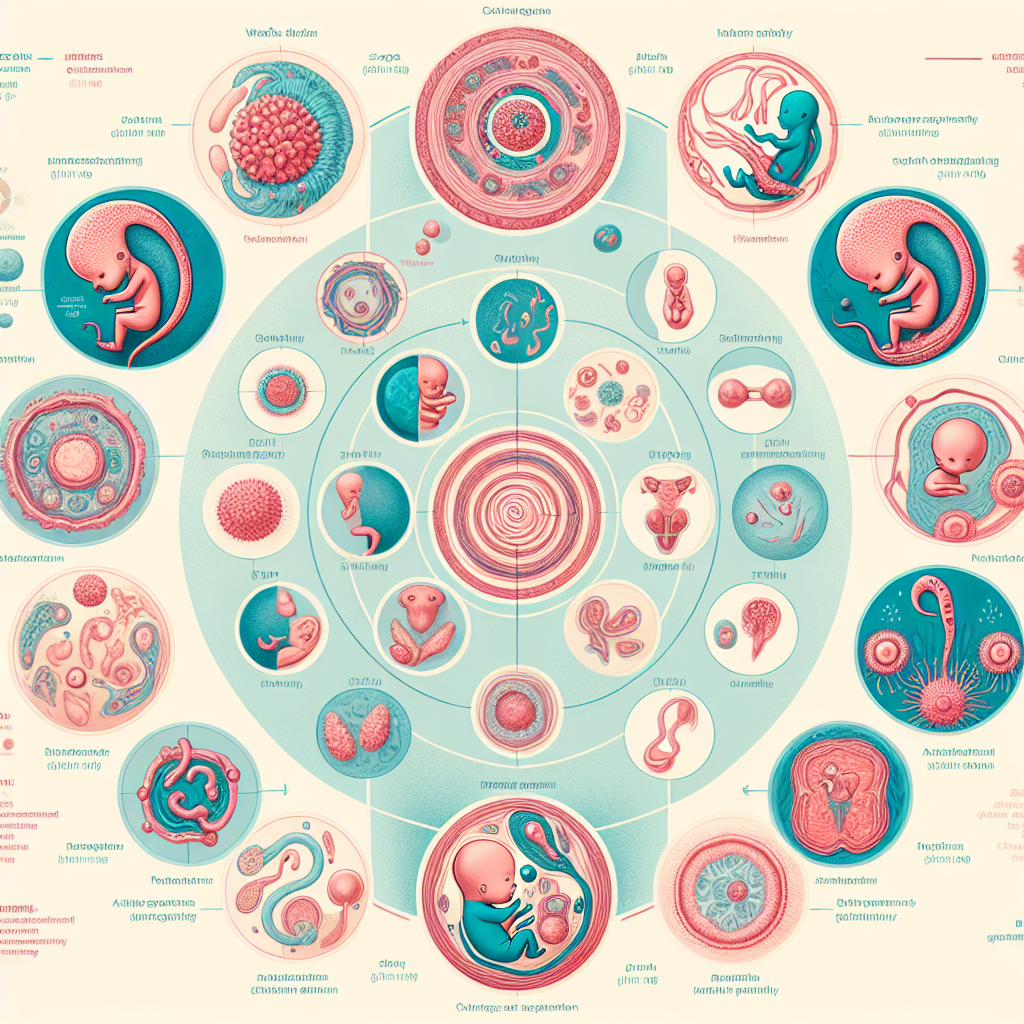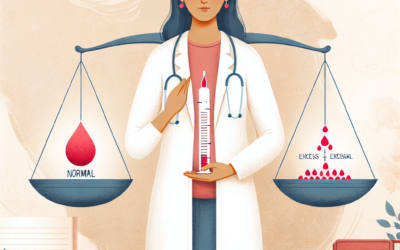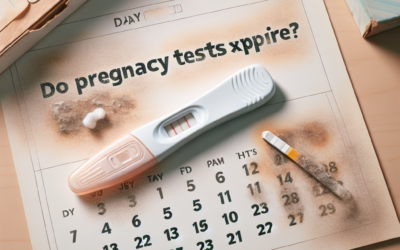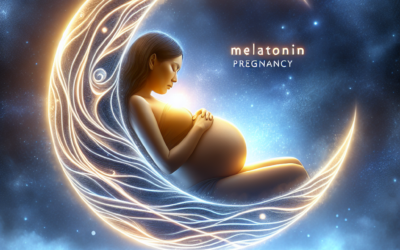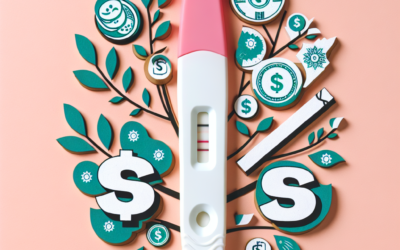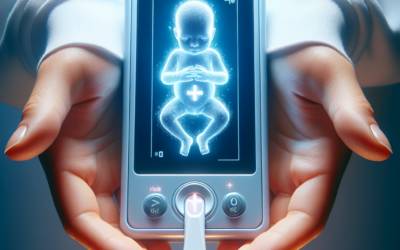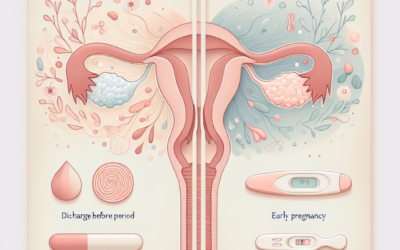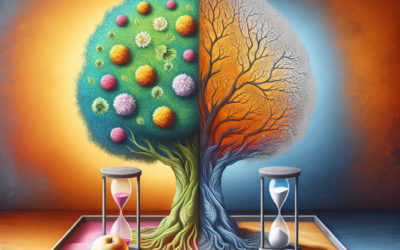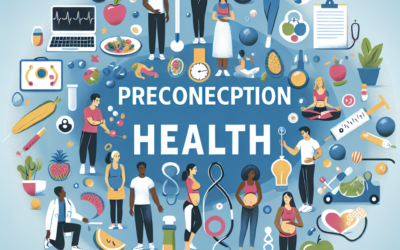The Miracle of Life: An Overview of Fetal Development
Fetal development is a remarkable process that begins at conception and continues until birth. This incredible journey involves various complex stages, each critical for the growth and maturation of the unborn baby. Understanding these stages is not only fascinating but also essential for expectant parents to ensure a healthy pregnancy.
Stage 1: Conception and Implantation
The journey begins with conception, which occurs when a sperm fertilizes an egg, forming a zygote. This tiny cell soon undergoes rapid division and growth as it travels through the fallopian tube toward the uterus. After about 5-7 days, the developing embryo reaches the uterus and implants itself into the uterine lining. This marks the beginning of a pregnancy, as the body starts to produce pregnancy hormones.
Stage 2: The Embryonic Stage (Weeks 1-8)
The first eight weeks after conception are known as the embryonic stage, during which the foundations for all major organ systems are established. This includes the development of the brain, spinal cord, heart, and gastrointestinal system. By the end of these weeks, the embryo has distinct features such as limb buds, facial structures, and a beating heart.
Stage 3: The Fetal Stage (Weeks 9-40)
Following the embryonic stage, the fetus enters the fetal stage, which lasts from week 9 until birth. This is a time of tremendous growth and refinement. By the end of the first trimester, the fetus is about 3 inches long and has begun to develop fingers, toes, and other defining features.
Second Trimester: Growth and Development
During the second trimester (weeks 13-26), significant growth occurs. The fetus develops a protective coating called vernix, and the skin becomes less translucent. By the end of the second trimester, many internal organs are functioning, and the fetus can respond to external stimuli, such as sound.
Third Trimester: Preparing for Birth
The third trimester (weeks 27-40) is focused on final preparations for birth. The fetus gains weight rapidly, and organs continue to mature. The brain undergoes significant development during this stage, laying the groundwork for cognition and sensory processing. By the end of this trimester, the fetus is typically positioned head-down within the uterus, ready for delivery.
Factors Influencing Fetal Development
Numerous factors can influence fetal development, including maternal nutrition, health, and environmental exposures. A balanced diet rich in essential nutrients, prenatal vitamins, and regular check-ups play crucial roles in supporting healthy fetal development. Additionally, avoiding harmful substances such as tobacco and alcohol is vital for minimizing the risk of developmental issues.
The Importance of Prenatal Care
Prenatal care is essential to monitor the health of both the mother and the developing fetus. Regular visits allow for screenings, vaccinations, and educational resources that promote a healthy pregnancy. Expectant parents are encouraged to maintain open communication with their healthcare providers and seek guidance on any concerns that arise during pregnancy.
Conclusion: The Journey Ahead
Fetal development is a complex and awe-inspiring journey that showcases the miracle of life. By understanding the stages of development and the importance of prenatal care, expectant parents can take proactive steps to ensure a healthy pregnancy and prepare for the arrival of their little one. With love, support, and medical guidance, the journey from conception to birth can be a fulfilling and joyous experience for all involved.

